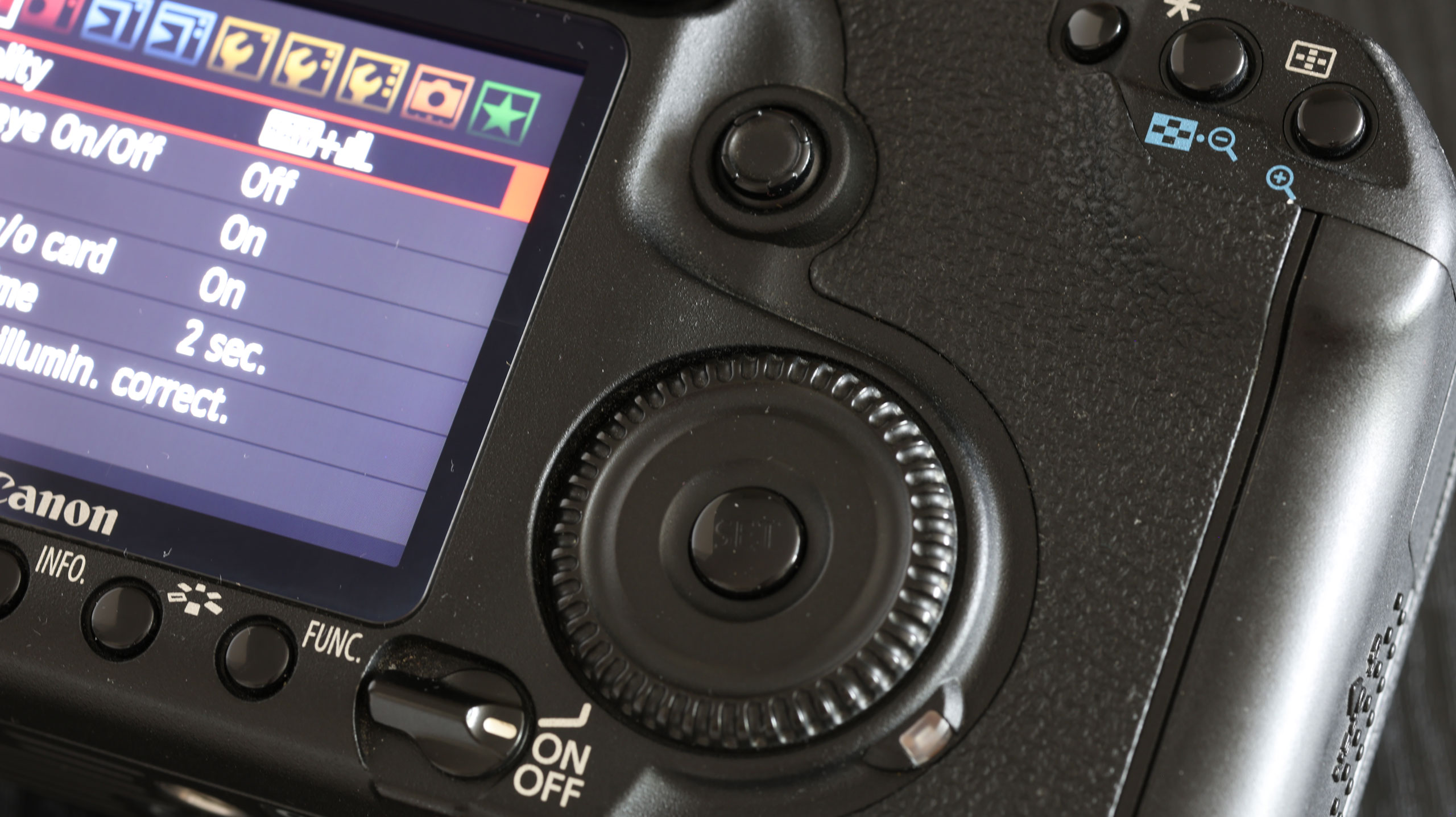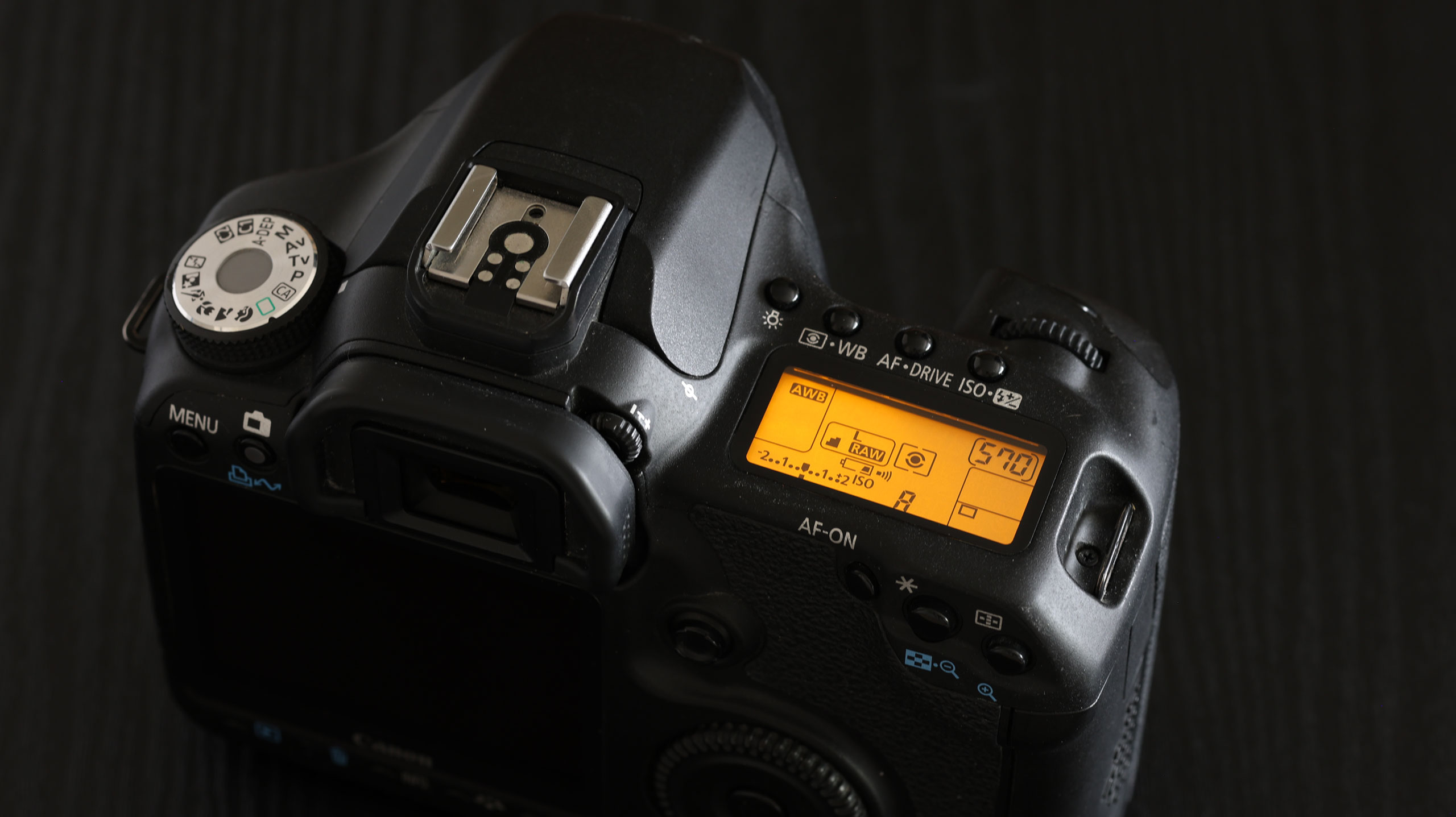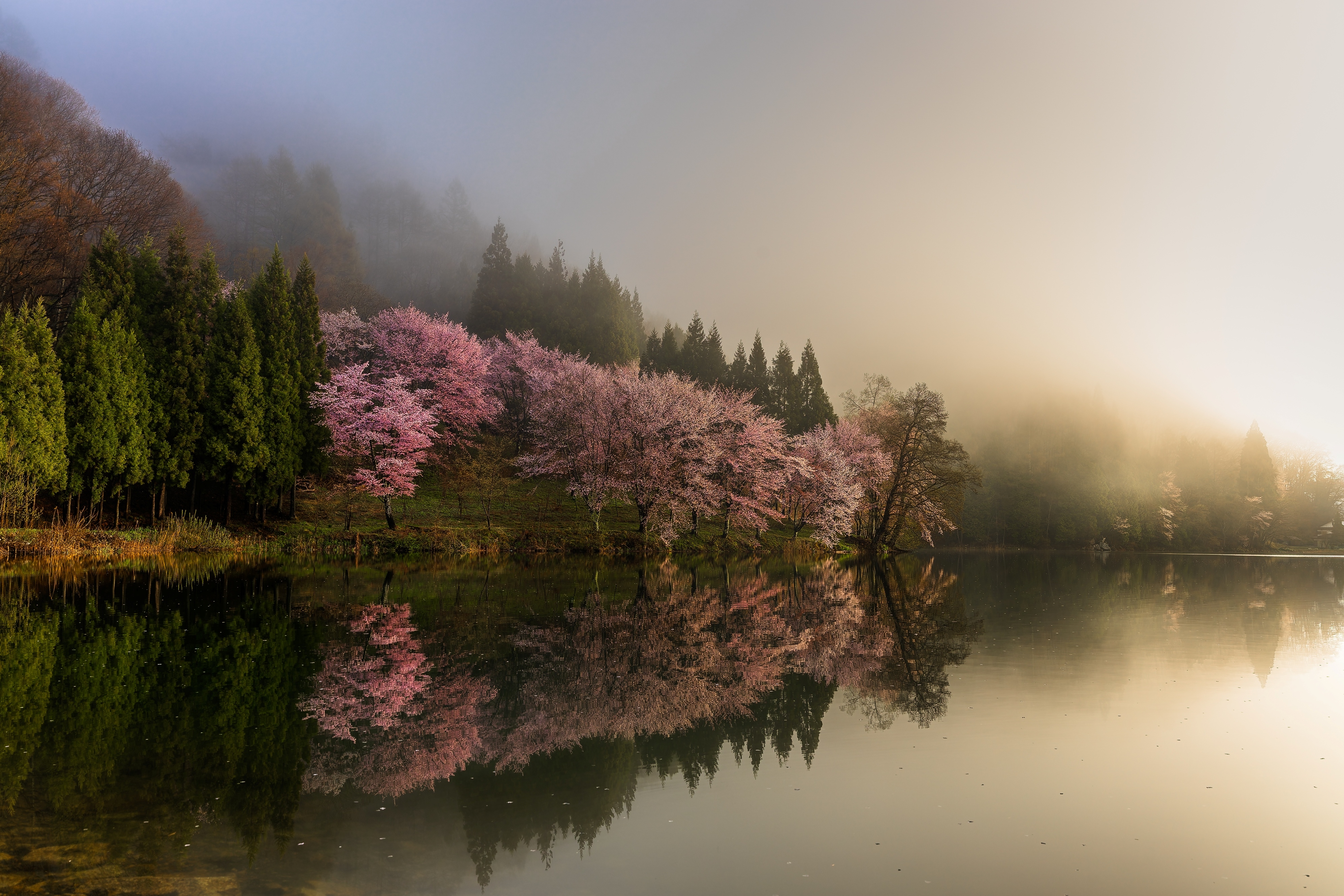Why don't they make cameras like this any more? I'm in awe of this Canon DSLR from 2007!
We kind of took the Canon EOS 50D for granted back then, but we didn’t know what we were going to lose
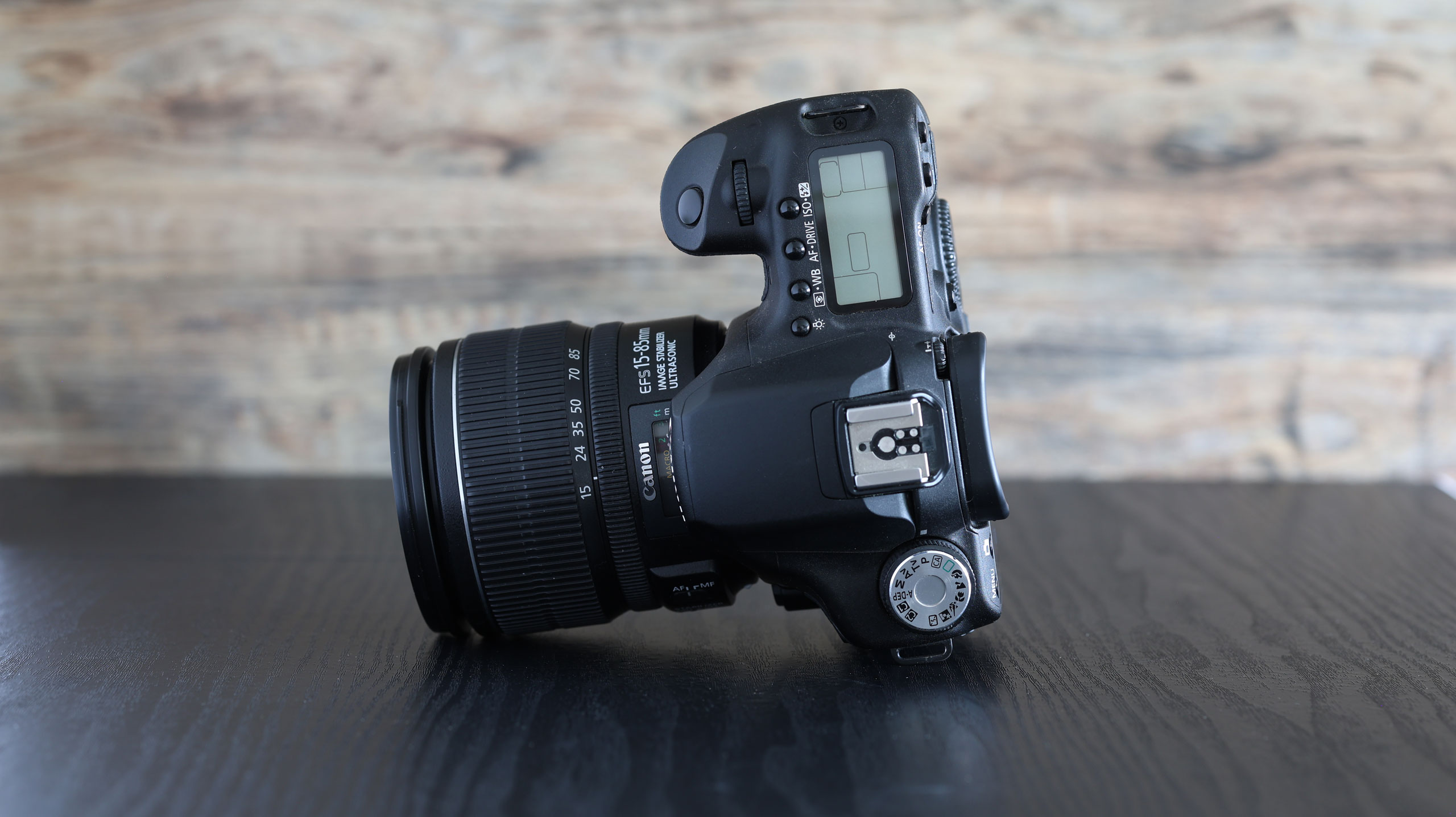
So in fairness I need to explain that I’m talking about the Canon EOS 50D as a piece of camera design. I’m not talking about the sensor. Canon’s 15MP APS-C sensor was not one of its best, not least because of its woolly in-camera JPEGs and image noise at ISO 1600 and beyond. No, what I’m talking about is how cameras used to be made, compared to how they’re made now.
The EOS 50D was one of Canon’s ‘double-digit’ DSLRs. It followed on from the EOS 10D, 20D, 30D and 40D and was followed by the EOS 60D, 70D, 80D and 90D. So many cameras! But they all formed part of a series of higher-end APS-C DSLRs aimed at discerning amateurs and enthusiasts who wanted a professional feel and a taste of pro camera features but at an affordable price.
The Canon EOS 90D, the last of this series, is still on sale today and one of the best DSLRs to buy for those who still prefer this camera design, and perhaps still one of the best cameras for enthusiasts.
So why pick the EOS 50D out of this series? Because I think it’s the last of these enthusiast models to feel and handle like a professional camera. Its successors in this series certainly improved the sensor, features and technologies, but they moved downmarket in materials, finish and controls.
The Canon EOS 50D, then, is just one camera out of dozens from the DSLR era, but I think it’s a perfect example of what cameras were like then… and what’s been lost.
I want to start with the giant rear control dial. This was a Canon specialty in its higher-end cameras. It’s twice the size of today’s multi-function rear controllers, and instead of combining four-way buttons with a tiny spinny wheel, it just did one thing. You span it with your thumb, it has the perfect weight and feel, and it’s hard to accept a modern camera’s rotary rear controllers after using this.
Now let’s look at the top plate… and what’s this? An LCD status panel! These have disappeared from all but a few cameras today, such as the best professional cameras, but once they were a standard fixture on enthusiast DSLRs. And they are so useful. You can check the camera settings from above without having to use a power-guzzling rear screen for checking camera settings and there’s a little backlight for when it gets dark. They show basic information presented simply. Perfect.
The best camera deals, reviews, product advice, and unmissable photography news, direct to your inbox!
Here’s another thing. In front of this panel are three labelled buttons for metering pattern/white balance, AF mode/drive mode and ISO/EV compensation. Each button has two functions because you turn the front dial for one function and the rear dial for the second. That is just a masterpiece of clarity in camera design, right there.
Almost every button on the EOS 50D has a single, definite function. This is in stark contrast to contemporary camera design which leans heavily on generic programmable function buttons. The logic is that photographers can ‘program’ their cameras’ controls to operate just how they want them to. Er, always assuming they can be bothered, and that they can remember exactly how they set them up and what they did the next time they want to use them.
You may be able to guess that I am not a fan of function buttons. Cameras are complicated enough without introducing yet another layer of possibilities and decisions. Personally, I would rather learn to use camera controls that have a fixed, labelled function than mess around ‘programming’ them and having to remember how I set them up.
I know a lot of photographers swear by customizable functions and if it works for them it’s a great feature. We’re not all alike, and this is just an opinion.
So what is the point of all this? Well, I just wanted to use the EOS 50D as an example of a camera design that’s now been left behind. They quite literally don’t make cameras like this any more. Modern cameras are vastly superior in a technical sense, but somewhere along the way camera makers seem to have lost the clarity of design and function of cameras like the EOS 50D.
Or is it that we just don’t care about that stuff any more?
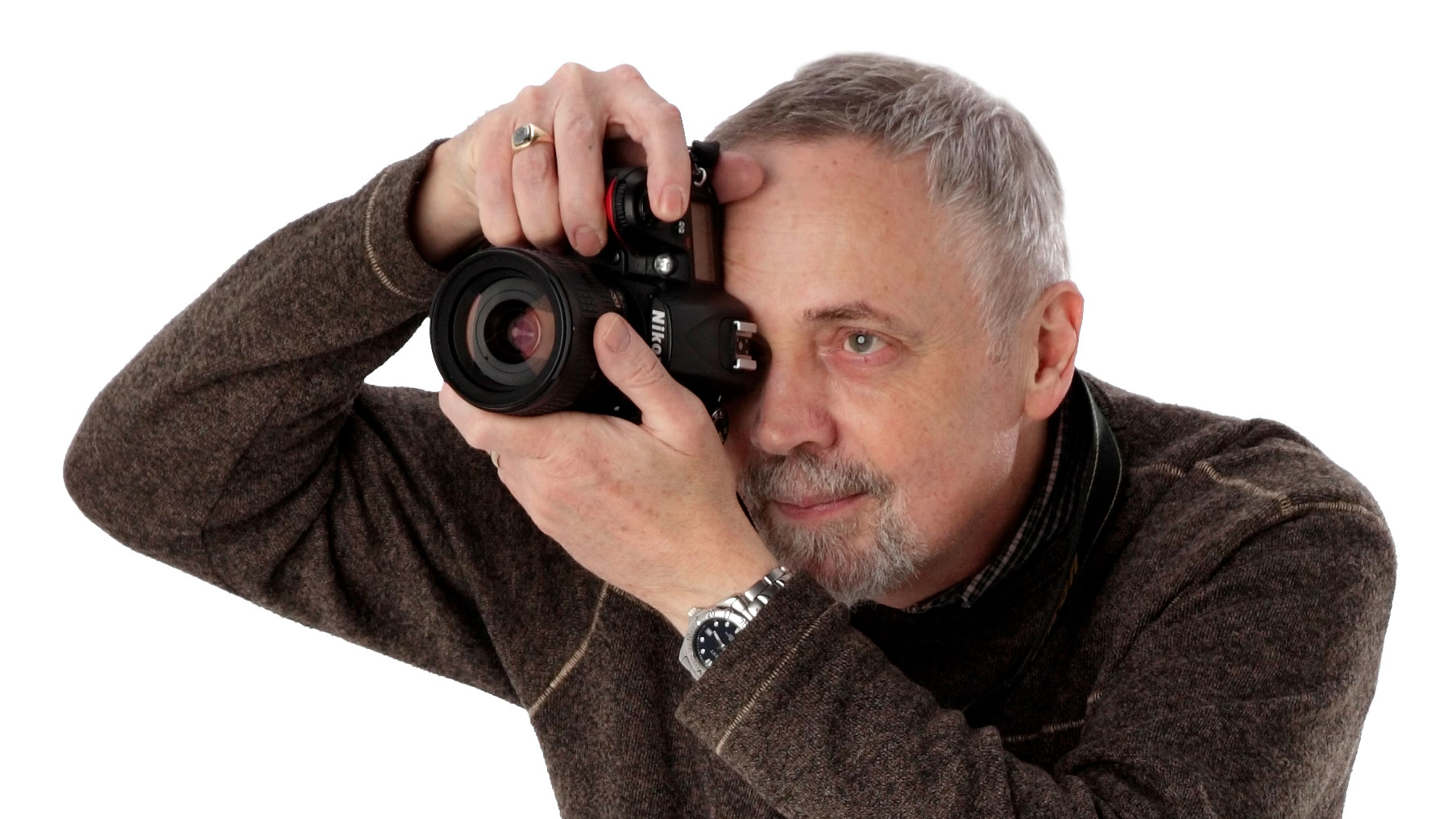
Rod is an independent photography journalist and editor, and a long-standing Digital Camera World contributor, having previously worked as DCW's Group Reviews editor. Before that he has been technique editor on N-Photo, Head of Testing for the photography division and Camera Channel editor on TechRadar, as well as contributing to many other publications. He has been writing about photography technique, photo editing and digital cameras since they first appeared, and before that began his career writing about film photography. He has used and reviewed practically every interchangeable lens camera launched in the past 20 years, from entry-level DSLRs to medium format cameras, together with lenses, tripods, gimbals, light meters, camera bags and more. Rod has his own camera gear blog at fotovolo.com but also writes about photo-editing applications and techniques at lifeafterphotoshop.com
